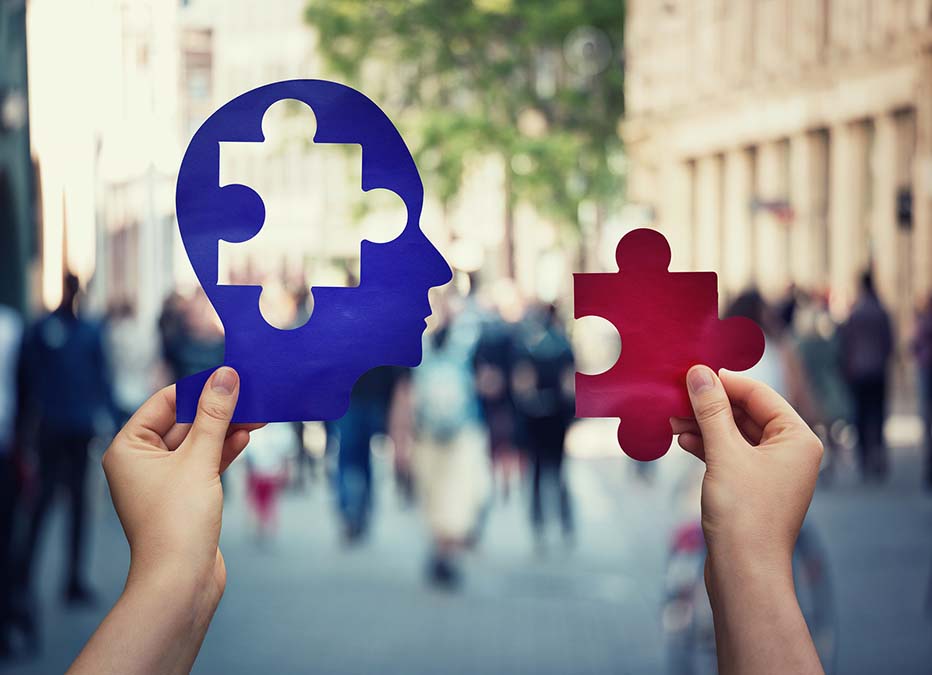 I don’t think there is anything as widely faired as dementia.
I don’t think there is anything as widely faired as dementia.
Most of us would rather go fast than have our brains wither away.
A new study from York University therefore comes as welcomed news.
It proves that learning one thing can help you halt, even prevent the onset of dementia.
Researchers recruited 158 people who had all been diagnosed with mild cognitive impairment. They ensured that all the subjects were similar in age, education level, and their level of cognitive function.
They tested their memories every six years over a 5-year period.
The researchers calculated how long it took them to progress from mild cognitive impairment to full-blown Alzheimer’s disease and compared the two groups.
Interestingly, while it took the monolingual people 2.6 years to convert, the bilingual people took only 1.8 years.
But does this mean that bilingualism is a bad thing?
It’s actually the opposite!
The bilingual patients actually had more neurological brain damage than the monolingual people had at the time they were all diagnosed with the mild impairment.
Their cognitive function was similar when diagnosed with mild impairment, but that does not mean their neurological damage was the same.
Bilingual people have a larger cognitive reserve than monolingual people.
By cognitive reserve, researchers mean that more of our brains get used more often, building stronger neural connections that can serve us well when parts of our brains start to deteriorate.
Language has neuroplastic benefits. Neuroplasticity refers to the process whereby our brains build new physical connections and pathways between neurons and synapses in response to our environments. These synapses can also change permanently if we continue to learn and develop.
We use language all day long and thereby activate regions throughout our whole brains and constantly strengthen those connections.
If we speak and think in two or even more languages, we multiply that benefit.
Doing puzzles or number games can also have a similar effect.
This is why bilingual people function as well as monolingual people do even if they have much worse neurological damage.
In other words, their mild cognitive impairment would have been diagnosed years earlier if they had not built up this cognitive reserve through their bilingualism.

 Overcoming IBD
Overcoming IBD Multiple Sclerosis
Multiple Sclerosis Banishing Bronchitis
Banishing Bronchitis Gum Disease Gone
Gum Disease Gone Overcoming Onychomycosis
Overcoming Onychomycosis Neuropathy No More
Neuropathy No More The Prostate Protocol
The Prostate Protocol Brain Booster
Brain Booster
 Ironbound
Ironbound
 Solution for Shingles
Solution for Shingles
 The Bone Density Solution
The Bone Density Solution
 The Ultimate Healing Protocol
The Ultimate Healing Protocol
 The Parkinson's Protocol
The Parkinson's Protocol
 The Chronic Kidney Disease Solution
The Chronic Kidney Disease Solution
 Overthrowing Anxiety
Overthrowing Anxiety The Fatty Liver Solution
The Fatty Liver Solution The Hypothyroidism Solution
The Hypothyroidism Solution
 The End of Gout
The End of Gout The Blood Pressure Program
The Blood Pressure Program
 The Oxigized Cholesterol Strategy
The Oxigized Cholesterol Strategy
 Stop Snoring And Sleep Apnea Program
Stop Snoring And Sleep Apnea Program
 The Arthritis Strategy
The Arthritis Strategy The Vertigo & Dizziness Program
The Vertigo & Dizziness Program The 3-Step Diabetes Strategy
The 3-Step Diabetes Strategy Hemorrhoids Healing Protocol
Hemorrhoids Healing Protocol The Erectile Dysfunction Master
The Erectile Dysfunction Master Weight Loss Breeze
Weight Loss Breeze The IBS Program
The IBS Program The Insomnia Program
The Insomnia Program The Migraine and Headache Program
The Migraine and Headache Program The Neck Pain Solution
The Neck Pain Solution The Menopause Solution
The Menopause Solution The Ejaculation Master
The Ejaculation Master The TMJ Solution
The TMJ Solution The Acid Reflux Solution
The Acid Reflux Solution The Fibromyalgia Solution
The Fibromyalgia Solution The Psoriasis Strategy
The Psoriasis Strategy